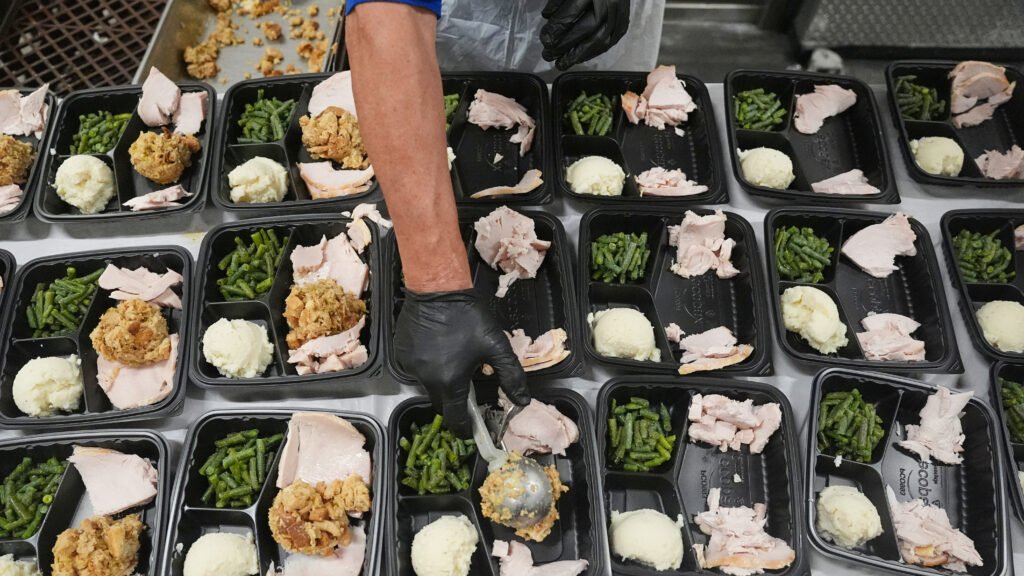The recent rulings from federal judges in Massachusetts and Rhode Island have put a temporary halt to the Trump administration’s plan to freeze payments to the Supplemental Nutrition Assistance Program (SNAP) during the government shutdown. The judges have ordered the administration to continue funding SNAP using emergency reserve funds, bringing relief to the millions of Americans who rely on the program for their daily sustenance.
The U.S. Department of Agriculture initially planned to suspend SNAP payments starting November 1 due to the shutdown, citing lack of funds. However, the judges have now clarified that the administration is legally obligated to use contingency funds of about $5 billion for the program. The Democratic officials argued that not only could this money be used, but it must be, as there is also a separate fund of around $23 billion available for the cause.
In Providence, U.S. District Judge John J. McConnell ruled that the program must be funded using at least the contingency funds, while in Boston, U.S. District Judge Indira Talwani ordered the federal government to use emergency reserve funds to provide reduced SNAP benefits for November or fully fund the program using both contingency funds and additional available funds.
Despite the rulings, many beneficiaries will still experience delays in receiving their benefits in November, as the process of loading cards can take a week or more in many states. States, food banks, and SNAP recipients have been preparing for the potential cut-off in benefits, with some states announcing expedited funding for food banks or alternative ways to provide benefits.
The rulings do not completely resolve the partisan disputes surrounding SNAP funding during the shutdown. Agriculture Secretary Brooke Rollins stated that the contingency funds would not cover the program’s cost for long and blamed Democrats for the impasse. A push to continue funding for SNAP during the shutdown failed in Congress earlier this week.
SNAP provides assistance to 41 million people, with nearly two-thirds being families with children. The court’s ruling has been welcomed by advocacy groups, who see it as a protection for millions of families, seniors, and veterans from being used as leverage in a political fight. While the rulings provide temporary relief, the uncertainty surrounding SNAP funding during the shutdown remains a concern for many vulnerable Americans.


